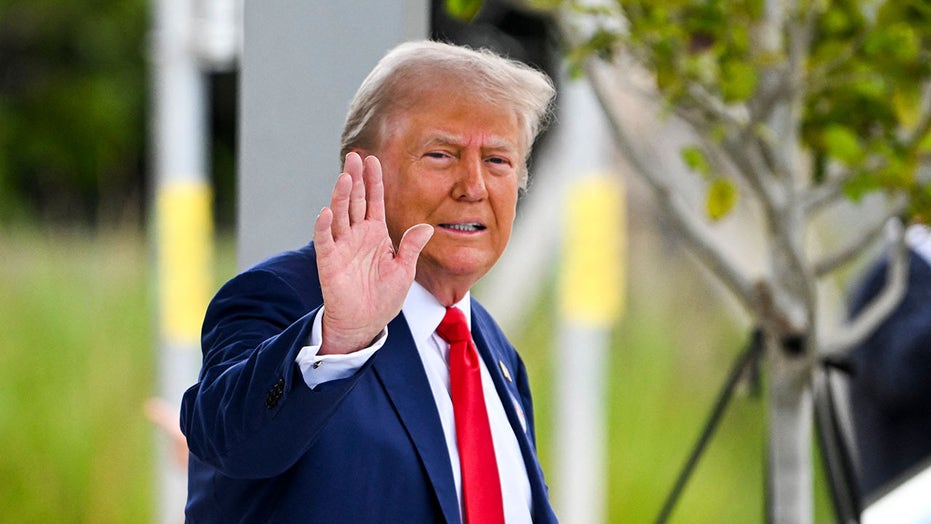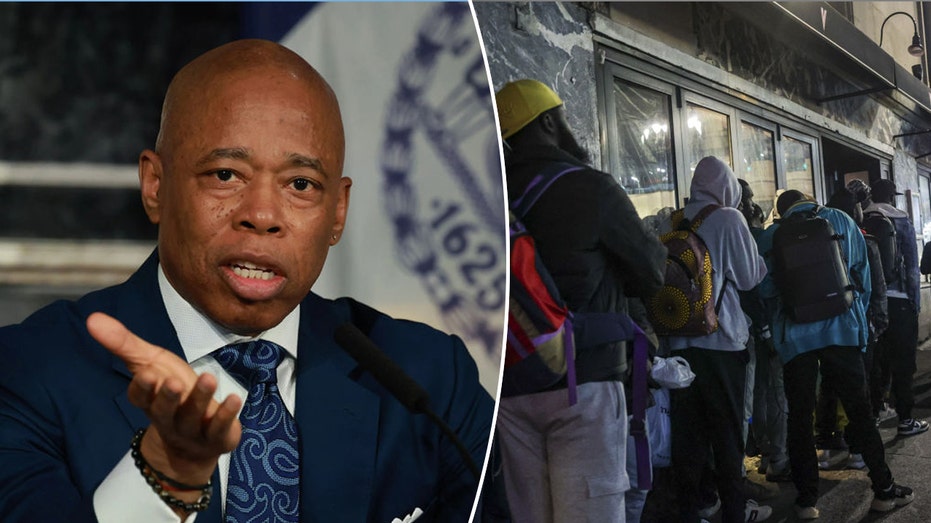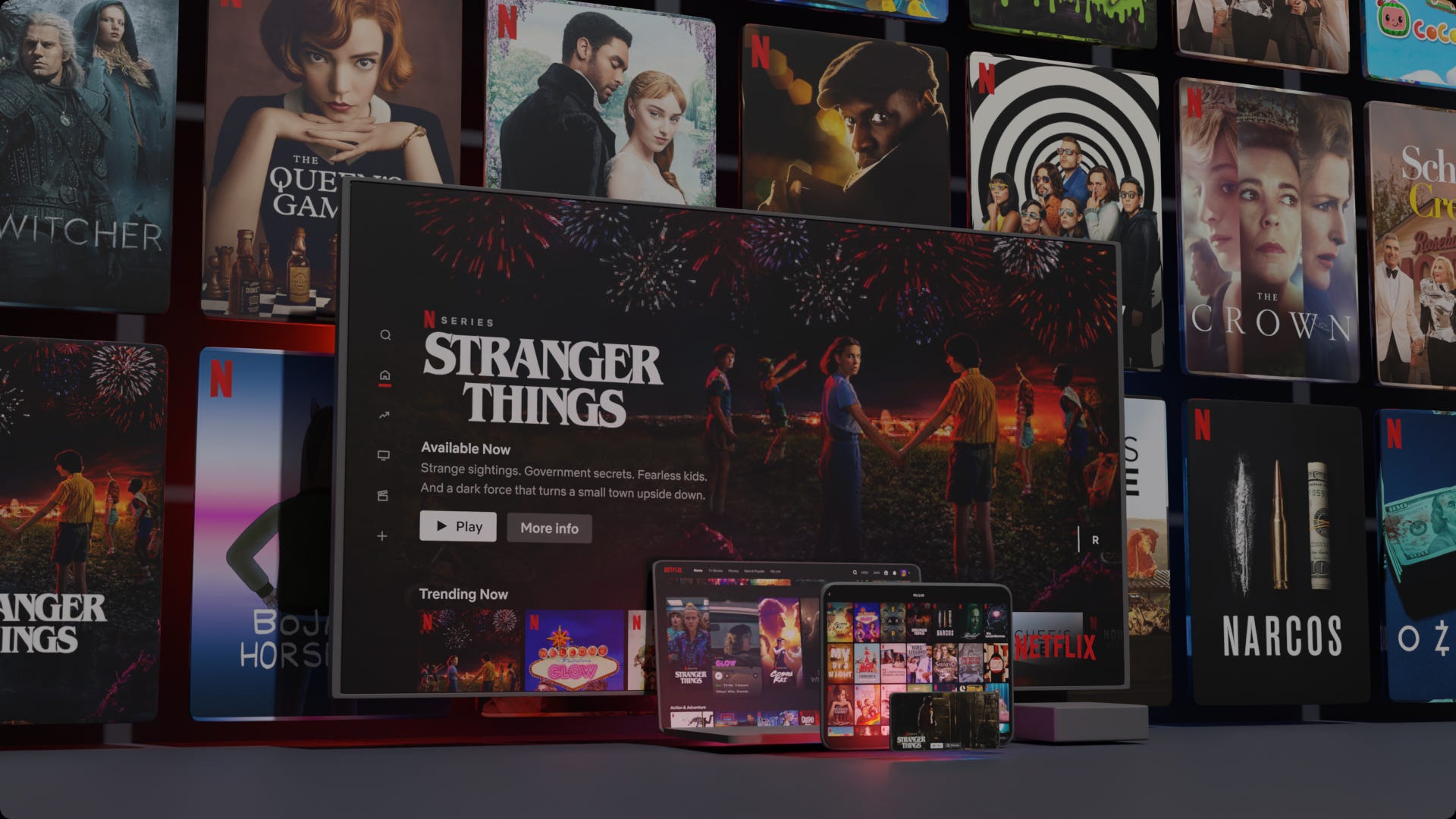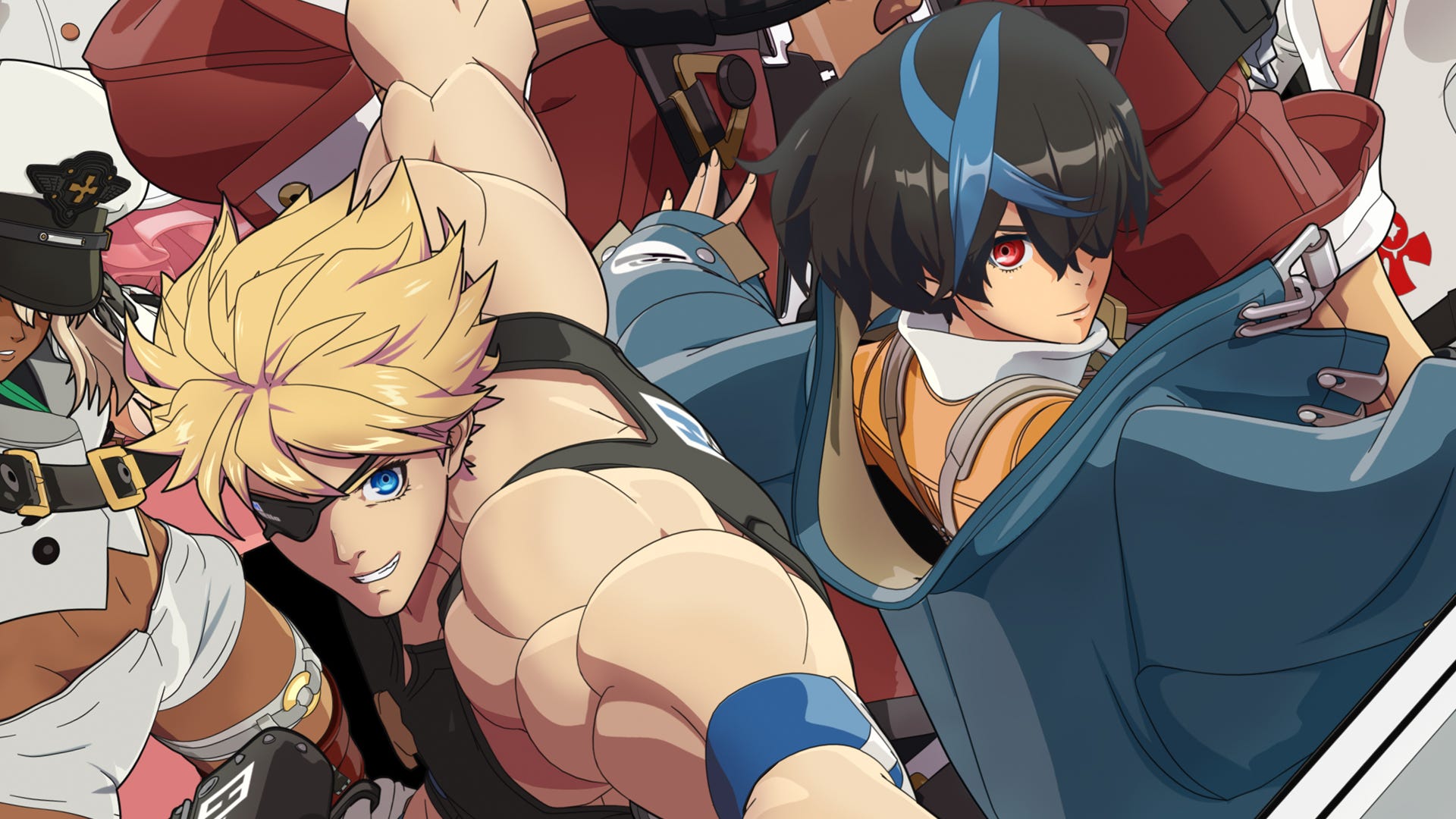The U.S. Needs Soldiers, Not Warriors
Pete Hegseth has vowed to bring a warrior culture back to the Department of Defense. It’s a terrible idea.

In his contentious confirmation hearing, Donald Trump’s nominee for secretary of defense, Pete Hegseth, affirmed that his mission is “to bring the warrior culture back to the Department of Defense.” It is a terrible idea.
The archetype of the Western warrior is Homer’s Achilles. Superbly fit, the “swift runner” Achilles is magnificent in battle. He is an individualist, with dazzling armor and a troop of admiring Myrmidons who would follow him anywhere. His prowess in combat is unsurpassable. He is brought down only by a poisoned arrow (a sneaky weapon if ever there was one) fired by the wimpy Paris, whose seduction of Helen had started the Trojan War.
He is also the man who comes close to killing his boss, Agamemnon, over a favorite concubine; sulks in his tent; and weeps when he feels dishonored until his mother (a goddess) comforts him. In a rage over the death of his friend Patroclus in a fair fight, Achilles not only kills the Trojan prince Hector but then drags his body around Troy for his horrified parents and widow to see. An intervention by the gods is all that prevents the body from being ripped apart by this treatment, although Achilles’s initial hope (snarled at the dying Hector) was that dog packs and birds would rend the corpse of the man who fought to defend his city from the horrors of a sacking.
Achilles is a warrior, not a soldier. History has had plenty of warrior types, including some (think Geronimo) whom we celebrate even after vanquishing them. But let us remember that the brave (and yes, they are brave) ghazi fighters of the Islamic State and the mercenary killers of the Wagner Group had and have warrior cultures. Warriors are people who exult in killing, who prize individual courage and daring, who obsess about honor (often in self-destructive ways), who frequently take trophies from the bodies of their enemies, and whose behavior on and off the battlefield often veers into atrocity.
Soldiers are different. They are servants of the state. In well-governed countries, they are bound by discipline, the rule of law, and commitment to comrades and organizations—not to self-glorification. Their virtues are obedience, stoicism, perseverance, and competence. They serve a common good, and duty, not glory, is their prime motivation.
The distinction matters. If Europe and the United States overran large parts of the planet, it was because they deployed disciplined soldiers against, in many instances, more numerous warriors. Even well-organized warriors—think of Shaka’s Zulus, or the Iroquois confederacy—could rarely defeat well-drilled infantry. The British General C. E. Callwell’s Small Wars, a manual on imperial warfare, explains the outcomes of those and many other fights far better than Homer’s Iliad.
To be sure, these are ideal types, and in reality they may coexist, although with one set of qualities predominating. Arguably, for example, the armies of the Confederacy were more like warriors (the rebel yell, J. E. B. Stuart’s plumed hat, Pickett’s death-defying charge), and the Union more like soldiers (repeating rifles, rumpled Ulysses S. Grant, an ever-tightening naval blockade). We know how that turned out. It is no coincidence that one book that tries to explain the Confederacy’s exceptionally high losses, particularly among general officers, bears the title Attack and Die. Southern warriors liked to charge with the bayonet. And atrocities such as the Fort Pillow massacre of African American troops and the cruelty and mismanagement of Andersonville Prison had a lot to do with nonsoldierly behavior.
The infatuation with warrior culture—the strut and swagger, the desire to battle mano a mano—is not atypical of a certain kind of junior officer, which is what Hegseth was in the National Guard. It is a world apart from how the armed forces operate at scale, and from the extraordinarily complex business of the Department of Defense.
You don’t want Achilles in a nuclear submarine, you don’t need El Cid maintaining your stealth bomber, and you surely do not want Crazy Horse presiding over the urgent problem of renovating the American defense industrial base.
I have known some great soldiers (using the term to include sailors, airmen, and Marines), and by and large they are wary of warrior culture. They know that violence on the battlefield can easily spin out of control; they know that a very large part of their duty is the orchestration of large and intricate organizations and complex technologies. They prefer steadiness to impulse, calculation to intuition, and, above all, thoughtfulness about their profession to raging glorification of bloodshed. Jim Mattis and David Petraeus (to mention just two) are readers (and writers) of books; the special operators Stan McChrystal and William McRaven are anything but yellers and screamers.
And those are just the military people. Secretaries of defense are civilians, or should be. The appointment of Mattis in the first Trump administration could be supported on the grounds that an erratic new president needed someone in that position who would temper his wilder instincts. Typical for Trump though, he was disappointed to learn that Mattis was not, in fact, known as “Mad Dog” and hated the president’s use of the nickname. The appointment by President Joe Biden of another retired general, Lloyd Austin, was but one of a number of unforced errors that made his administration in many respects a failure.
The civilian secretary of defense should be tough and highly experienced—Bob Gates or, earlier, Melvin Laird—as well as a capable organizer, a respected counselor, a shrewd politician, and a forceful leader from outside military culture. The defense secretary’s job is often to represent civilian values to the military (think racial integration and acceptance of homosexuals in military service) and military values to the civilian world. They must administer a sprawling department with millions of civilian and military members, set an enormous range of policies, and, most important, exercise the consistent civilian oversight of military operations, which a president cannot. They are not in the warrior business. Indeed, some of the most effective secretaries have had negligible military experience, or none whatsoever.
Hegseth, quite apart from his turbulent personal life, has no qualifications for this position. The organizations he ran failed or lost considerable sums of money; his testimony (before an admittedly less-than-exacting set of interrogators) revealed broad areas of ignorance about defense. He seems to have gotten the nod because of his servility to Trump, and the tough-guy bluster of a resentful junior officer raging against higher-ups—an altogether common type throughout history, a trope rather than a qualification.
And this warrior-culture rhetoric is potentially dangerous. In his first term, President Trump reversed a number of decisions that the military made to enforce discipline—restoring rank and the coveted SEAL trident pin to Eddie Gallagher, and pardoning other officers convicted of or headed to trial for war crimes. Trump could do much worse with a secretary of defense who thinks his job is to free up the tough guys to do tough-guy things. Hegseth’s sneers at judge advocate general officers—military lawyers—were not merely juvenile but dangerous.
The real peril here is not a plot to destroy American liberties but fecklessness and ignorance about what it takes to build, strengthen, and direct a military that is powerful but not, in relative terms, as dominant as it once was. Half a century ago, the great student of management, Peter Drucker, said that running the Department of Defense might well be impossible. Perhaps, but it is most certainly impossible in the hands of someone whose idea of leadership of that organization is a jutting jaw, bravado, and war paint.
What's Your Reaction?











































![AI in elementary and middle schools [NAESP]](https://dangerouslyirrelevant.org/wp-content/uploads/2025/01/NAESP-Logo-Square-1.jpg)










![Trump’s FAA Shake-Up: DEI Gone, But Safety Questions Remain [Roundup]](https://viewfromthewing.com/wp-content/uploads/2024/01/DALL·E-2024-01-24-12.35.35-A-wider-view-of-an-overworked-air-traffic-controller-in-a-control-tower-captured-from-a-side-angle.-The-controller-is-visibly-stressed-with-sweat-on.png?#)



























